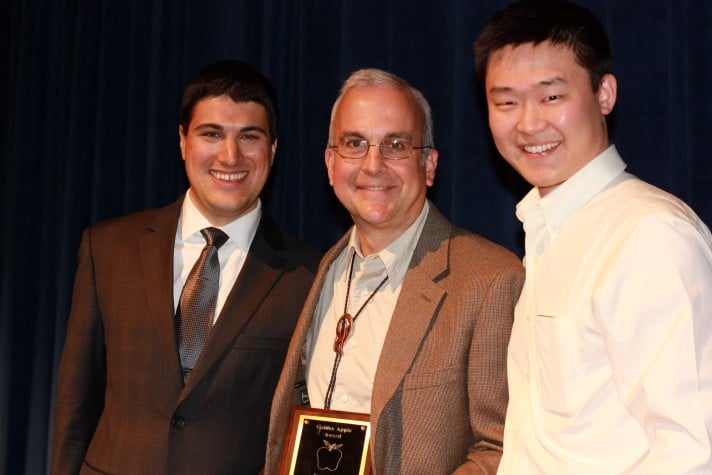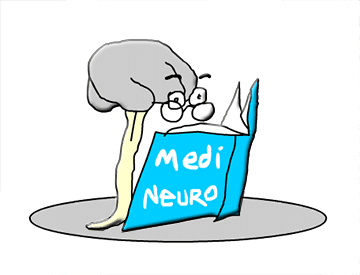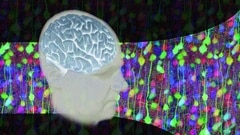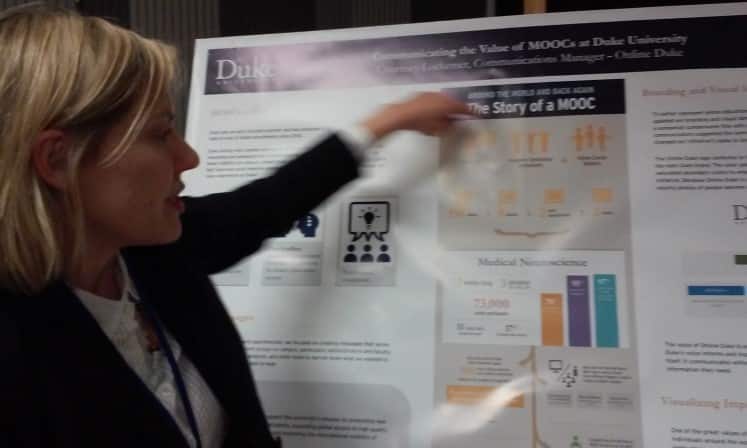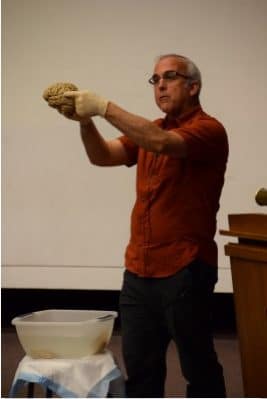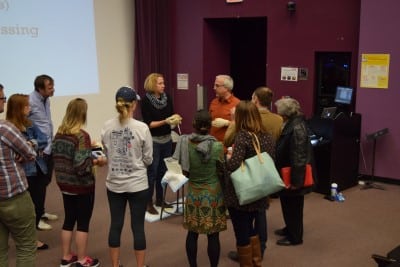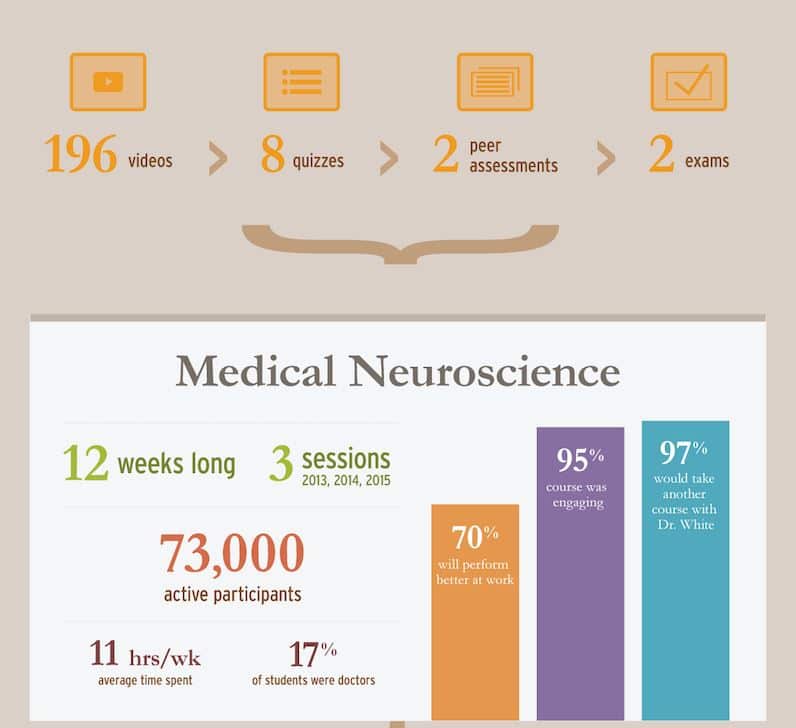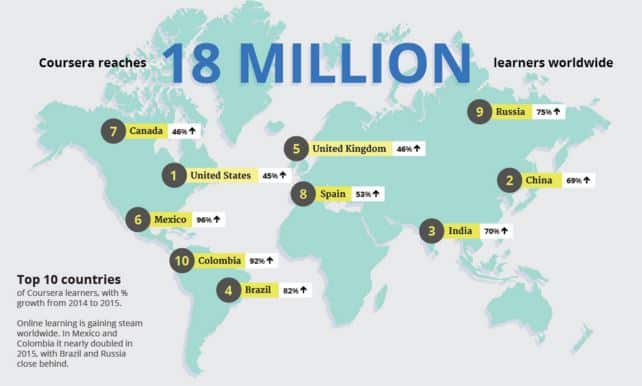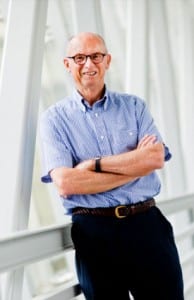First Medical Neuroscience Hangout on the new platform
-by Marina Buryak- course Mentor
The first Google Hangout for both sessions on the new Coursera platform occurred on July 20th, at 2pm Eastern Time. It kept lively with stirring questions and great conversations. The following are summaries of Dr. White’s and asker’s words.
How it all starts and the concept of soul
Ahmed, a Sudanese medical student living in Khartoum, expending on a forum discussion, asked how signaling starts. For example, what factors initiate the signals to make the brain alive vs. dead? How does the soul interact with the brain?
Continue reading “Google Hangout Medical Neuroscience, July 20th 2016”
